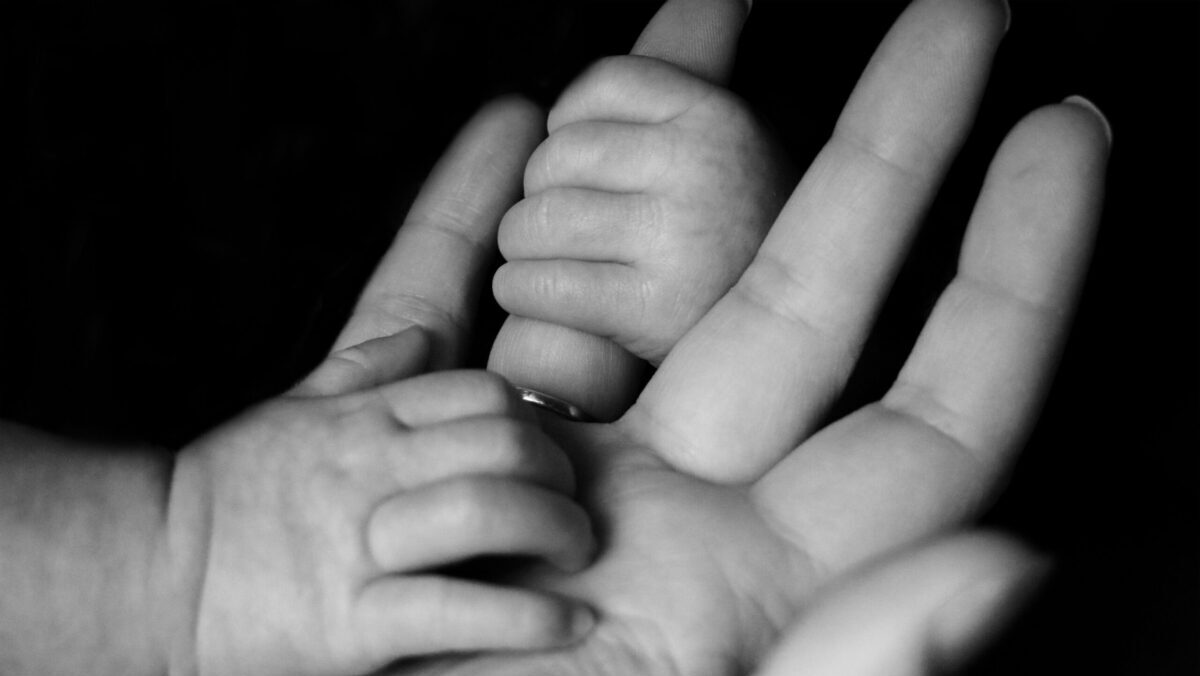Early church leaders may not have had to contend with contemporary quandaries like Sunday sports tournaments or debates about online versus in-person attendance, but apathy was a concern then and remains so today.
The author of Hebrews warns against “neglecting to meet together” (10:25), but research indicates both alarming declines and hopeful signs among younger generations when it comes to church attendance.
A recent Gallup poll of American adults found that more than a third of Americans have fallen away from attending religious services regularly.
Among those surveyed, 67% recalled attending a church, synagogue or other place of worship weekly or nearly weekly while growing up, but only 31% said they attend regularly today.
Religious footsteps
The Gallup results suggest adult children are not following in the religious footsteps of their parents, which means far fewer children today are attending religious services than did in the prior two generations.
However, research that hones in on Christian church attendance tells a more hopeful story.
About 70% of Americans still affiliate with a Christian faith, according to Gallup. And a recent Barna survey found that in 2022, regular church attendance was increasing, especially among nonwhite millennials.
Barna’s survey found 45% of nonwhite millennials say they attend church weekly, compared to 35% of white millennials.
“When we first recognized the shift in millennial church attendance, we hoped to answer the question, ‘What segment of millennials could account for this change?’” said Daniel Copeland, associate vice president of research at Barna Group. “We looked at millennials from various segmentations — including marital status, current employment, whether or not they have children in the home, etc. — and found that the most clear explanation for this shift sat with nonwhite millennials.
“Studying this data may help leaders recognize either an opportunity or a blind spot in their ministries. While over the past two years many leaders have anticipated church going ‘back to normal,’ maybe it’s time to consider what … new opportunities are in store for the future Church.”
Gallup’s data indicates the vast majority of nonreligious Americans (75%) say they are not interested in exploring religion in the future. But young adults with no religious affiliation are more inclined to want to explore religion than older adults without a religious affiliation.
Specifically, 18% of 18- to 34-year-olds with no religion are at least moderately interested in exploring religion, compared with 9% of nonreligious 35- to 54-year-olds and 6% of those 55 and older who are not religious.
Later in life
Still, finding faith later in life that didn’t exist before is possible, as 16% of U.S. adults today who say they seldom or never attended church as children now attend every week or almost every week.
“It’s important to remember that millennials are not the ‘up and coming’ generation anymore,” Copeland notes. “Indeed, they currently make up the majority of the adult population and workforce. They are also the most racially, socially and culturally diverse generation in modern history.”
EDITOR’S NOTE — This article was written by Carrie Brown McWhorter and was originally published by The Baptist Paper.






